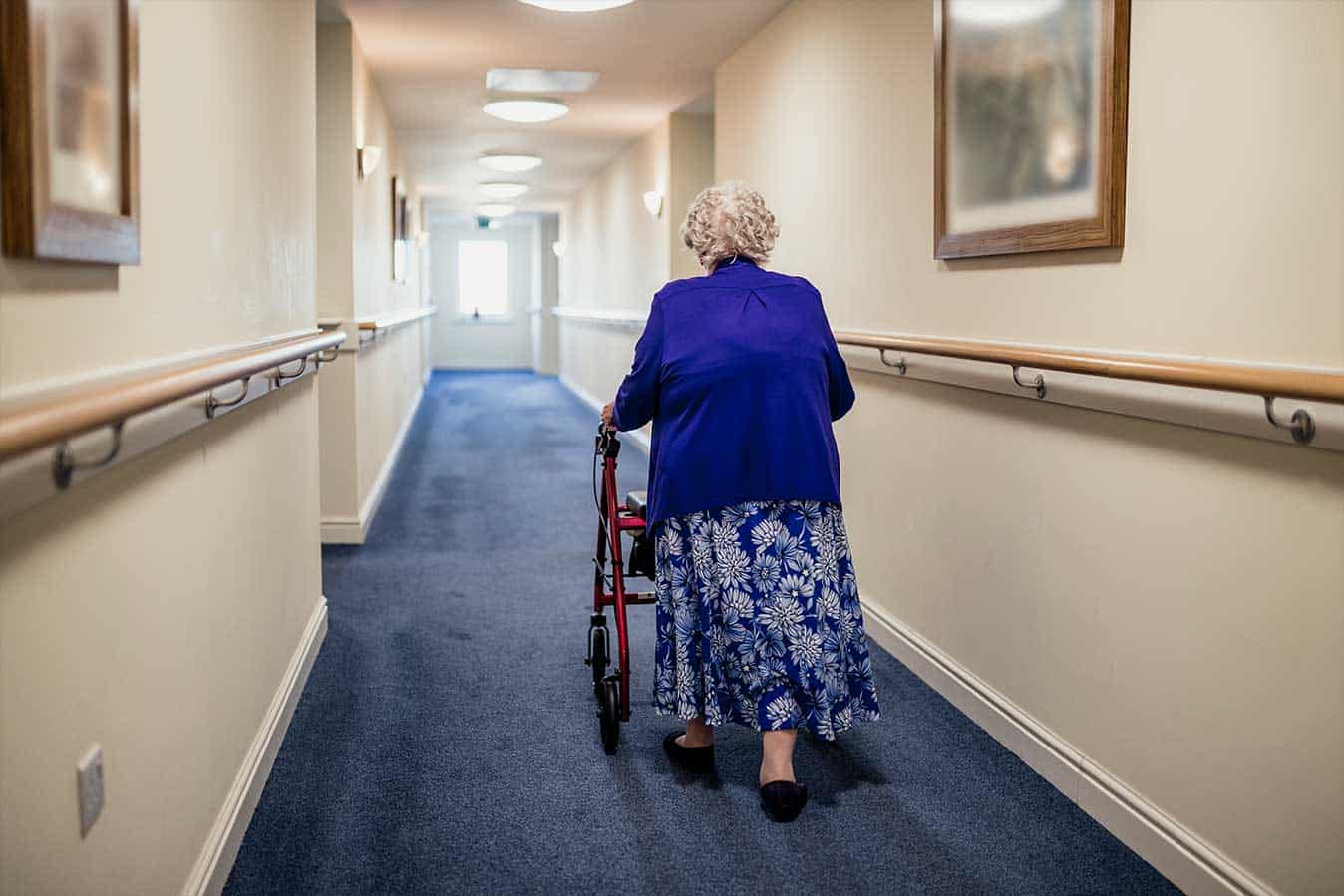Enrolled Nurses are a key part of increased funding provided by the Australian Government to ensure all nursing homes have an appropriate mix of RNs, ENs and PCWs/AINs as they meet minimum care minute responsibilities, in line with recommendations made by the landmark Aged Care Royal Commission. But it’s not what some aged care providers would have you believe.
Last October, the Government introduced care minutes targets in residential aged care, starting with an average of 200 care minutes per resident per day, with at least 40 minutes of that staff time provided by a registered nurse. That initial target will become mandatory from 1 October later this year, and increase to an average of 215 minutes per resident per day, including 44 minutes of RN time each day, from 1 October 2024.
Meanwhile, from next month, aged care providers must ensure that an RN is on-site and on duty 24 hours a day, 7 days a week.
Overarchingly, the Government has provided extra funding to all residential aged care services to support these sector-wide reforms. This included a further $5.4 billion from last October, delivered over four years through the AN-ACC funding model, to support providers to deliver a minimum of 200 care minutes per resident per day. In its latest 2023-24 Budget, the Albanese Government injected a further $10.1 billion in AN-ACC funding (over four years) to sustain reforms.

However, while the Royal Commission recommended the minimum amount of staff time that should be provided to residents by an RN each day, it did not stipulate how the remaining average care minutes should be distributed among ENs and AINs.
According to Julie Reeves, the ANMF’s Strategic Lead – Aged Care, the lack of clarity has created a situation where some aged care providers have incorrectly interpreted the requirement. Some are suggesting and communicating to their employees that ENs are not included in the Government’s funding for aged care reforms. Others are using this as a basis to reduce, or entirely cut, ENs from their rosters.
In the most high-profile case so far, Southern Cross Care Tasmania last year flagged plans to make all ENs across its facilities redundant after claiming the Government was no longer funding them. After six months of union action, with support from the Government, who voiced its disapproval over the “incorrect claims”, ENs finally kept their jobs after the provider backed down from its proposed new ‘Model of Care’, which would have seen ENs replaced by care workers.
“The unintended consequence of the Royal Commission’s recommendation to combine EN and AIN/PCAs has resulted in some providers suggesting that EN care minutes are not included in the funding for reforms because they are not specifically identified. It’s absolutely untrue,” Ms Reeves said.
Feedback from the ANMF’s state and territory branches suggests many aged care providers are currently examining the way they employ ENs as part of their model of care. In some instances, it’s led to ENs having their shifts reduced, or their contracts changed from ENs to PCWs. Worryingly, some providers are contemplating redundancies.
Throughout its years of campaigning for aged care reform, the ANMF has maintained that ENs are integral and valued members of the aged care nursing team. Without the right skills mix of ENs in nursing homes, care can be delayed, rushed, or missed altogether.
Positively, as care minute responsibilities become mandatory from October and beyond, the Department of Health and Aged Care’s latest Quarterly Financial Snapshot of the Aged Care Sector (October to December 2022) shows residential care providers are averaging 189 minutes of care per resident per day, including 35 minutes of RN time, 15 minutes of EN time, and 139 minutes from personal care workers.
Nevertheless, the ANMF will continue to lobby the Government for legislative change to mandate minimum EN minutes that includes clear specification of the role and its contribution to quality care delivery.
“Who would have thought that legislation to enable nurses to have required care minutes in a nursing home has resulted in nurses, having their shifts reduced, or being made redundant,” Ms Reeves said.
“Some providers see the significant value in the EN role in aged care and enable ENs to work to their full scope of practice. When that happens, they can see the benefit. But others do not.”
Above all, Ms Reeves said ENs working in aged care should be clear that Government funding for reforms indisputably include ENs and view them as an essential part of care delivery for older Australians.
In a bid to find out more about the experiences of ENs, the ANMF is currently conducting an aged care survey, with questions canvassing whether ENs have had their shifts reduced, or if their employer is incorrectly telling them that they are not covered in funding.
To take the survey click here – https://www.surveymonkey.com/r/anmfagedcaresurvey2023









4 Responses
Maybe some of u should tell Bolton Clark as they are scare mungering and staff are running from our facility. Out come will be no staff doors closed out staff are doing double shifts just to keep up
I just left bolton clarke, they told me that an EN is not recognised, I just finished my diploma of nursing thinking they would upgrade me, nope, they only wanted PC and RN, they let me go.
Serious lack of commitment to Enrolled Nurses. Bolton Clarke were unable to provide clarification of the ENs position post Oct 1st- however clearly stated ENs are valuable to their organisation and will always have a job,, when asked what the description of the job is, they redirected the question with no answer. Bolton Clarke stated they would not advocate for the ENs with the government to overturn their decision, instead Bolton Clarke directly told the ENs it is their responsibility to fight for what we believe is correct- therefore no commitment from Bolton Clarke to keep the ENs. Bolton Clarke want their Cake & Eat it! They want ENs to stay, however will be replaced by RNs and only use ENs if desperate (short staffed).
Opal care treat their EEN,s as PCA,s to provide direct care to residents.
While PCA,s do the EN,s position, example medication, obs wounds, with very little knowledge at all. Also employing more PCA,s to make up the care minutes.
Aged sector has gone backwards and residents are not getting the appropriate clinical care they deserve.